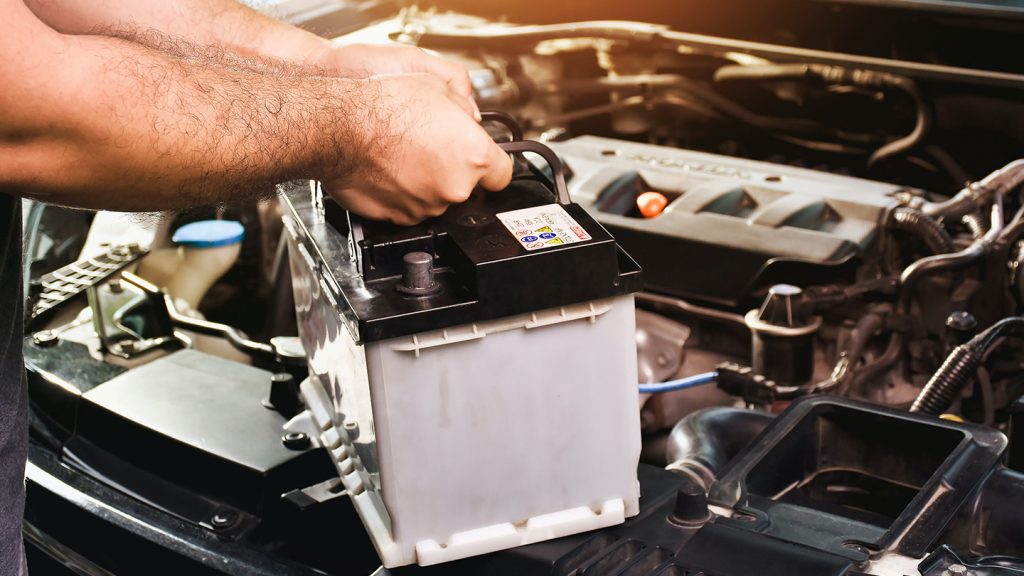Vehicle batteries are notoriously unreliable and among the most volatile components found beneath the hood. They don’t take long to go wrong and usually only last a few years before needing to be replaced.
Nobody likes being stranded in a driveway or parking lot with an entirely dead battery that won’t restart. A battery typically lasts three to five years, depending on where you live, how frequently you drive your vehicle, and the kind and model. Unfortunately, many automobile owners may be unaware of how often they must be replaced until severe problems emerge.
Below are some warning signs that can help you figure out the danger, and you can replace the battery as soon as possible.
-
Battery Warning Sign:
If your vehicle continuously shows a battery warning sign on the dashboard, it is evident that your vehicle battery life is about to die soon. Don’t panic. It is just a warning sign, but as soon as you see it, you must change the battery quickly to avoid a vehicle breakdown.
-
Engine Doesn’t Start:
Another common signal that depicts vehicle battery performance as degrading is the engine’s poor performance. If the vehicle battery is dying, it doesn’t mean the engine is dying. But the engine begins to slow down or crank while starting the vehicle. You may witness that headlights are on, but the vehicle is not getting started. This is so because all the power in the battery has drained out.
-
Flickering Headlights:
If your vehicle battery is losing its brightness, flickering, or the bulbs are not illuminating, then these are the signs of a dead vehicle battery. The next time you start the engine and experience the same issue, do not wait for the battery to drain off completely. Instead, visit the mechanic and get the battery changed as early as possible.
-
Slower Start:
It is another sign of a dead battery if you cannot start the vehicle on the first go. Your vehicle has enough fuel to take you to the desired location, but you cannot start it even if you have tried two to three times. You push the start button, but the engine does not work. So, it is time to get the battery changed or ask for a jump start.
-
Swollen Battery:
A battery may get swollen during extreme cold or hot conditions. It can be dangerous if you check the vehicle battery taking an unfamiliar shape or may bulge or swell. It can burst, too. This is the typical sign of a battery leakage, which means your car requires a new battery immediately.
-
Corroded Terminals:
One of the primary reasons why vehicle batteries die is because of corrosion. Battery acid leaks out and reduces the contact between the terminals and the connecting points. This reduces the battery’s ability to recharge. Once the battery loses its ability to recharge, a powdered substance gets collected on top of it, leading to corrosion.
-
Foul Smell:
If you start your vehicle and open the hood and suddenly experience some foul or rotten smell, then it is a sign of a dying battery. It usually happens because the battery is old enough and damages the terminals, which can cause severe internal short-circuit. Therefore, getting the new battery installed quickly at such a point is crucial.
Conclusion:
The battery is the heart of the vehicle, and one needs to take several protective measures to save it from dying. Keeping these points in mind, one can always be cautious about battery health and take immediate steps to prevent oneself from danger. Diagnosing a dead battery is difficult, but with these warning signs, one can quickly figure out the danger and replace it as early as possible.

